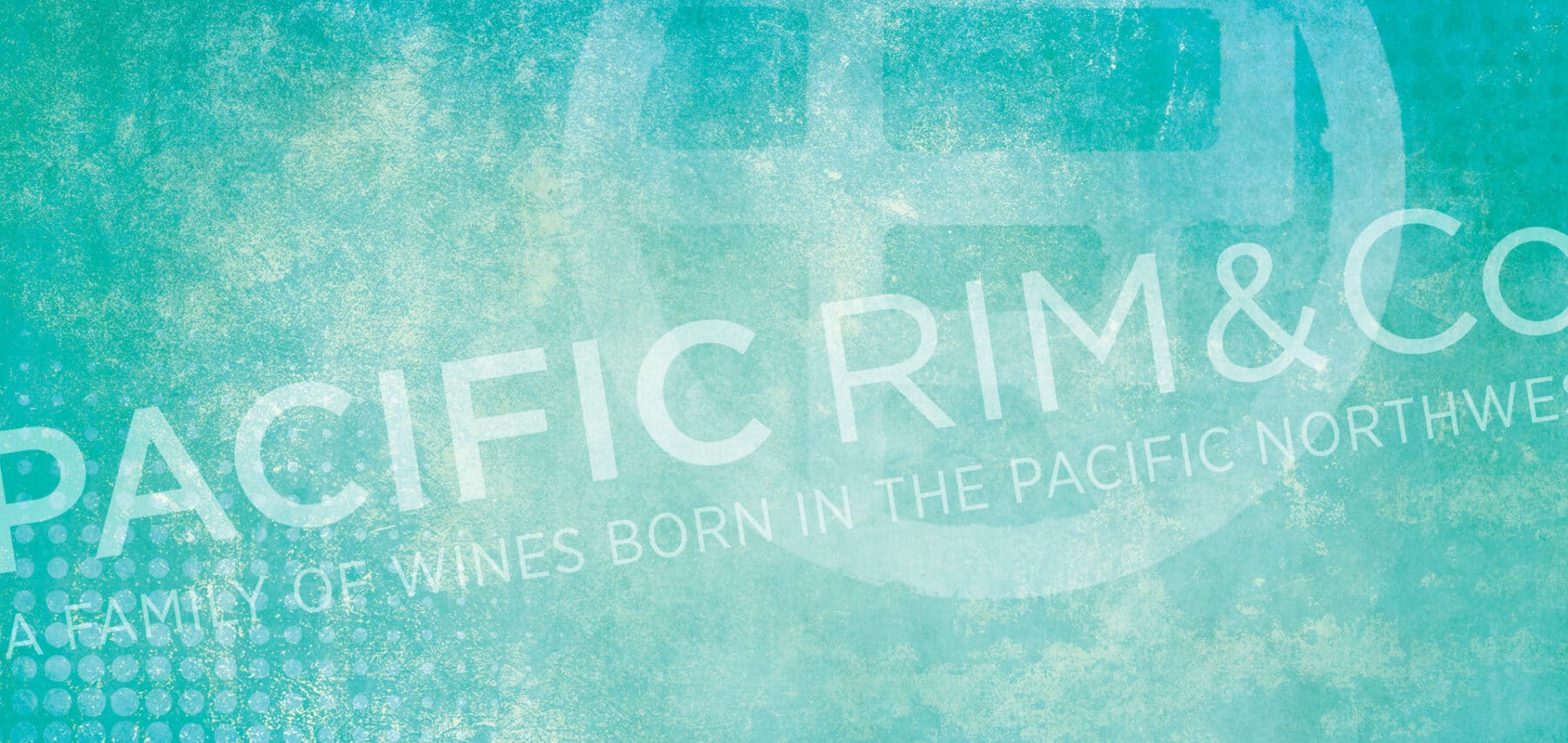OUR BRANDS
About Pacific Rim & CO.
One of the most pedigreed brands in all of Washington state, Pacific Rim is the heritage brand for Banfi’s domestic portfolio. It continues to evolve with sister brands Rainstorm, Silver Raven, and Thick Skinned, exploring the most renowned AVAs of the Pacific Northwest: Willamette Valley, Oregon, and Washington’s acclaimed Horse Heaven Hills and Red Mountain.




